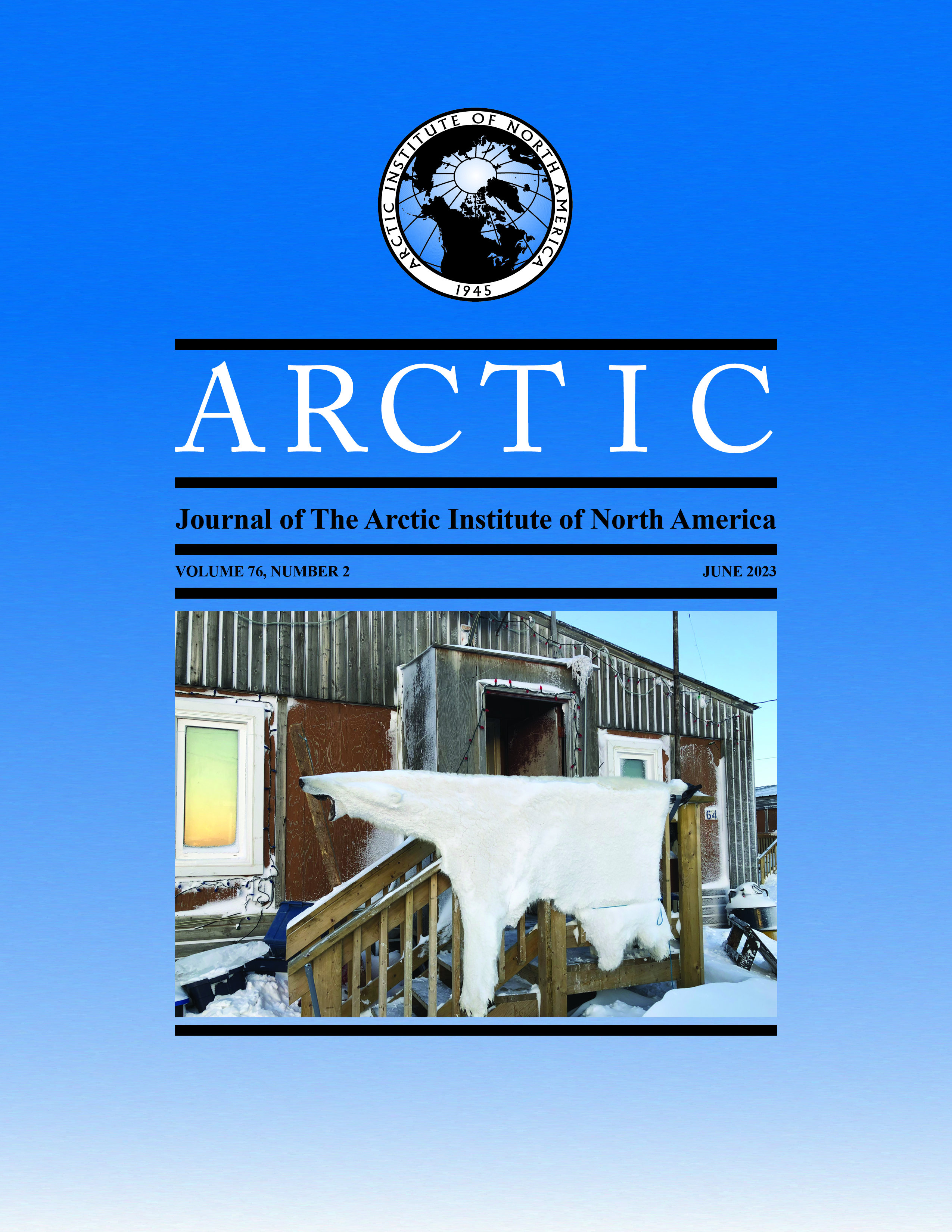Local Capacity for Energy Transition in Northern and Indigenous Communities: Analysis of Gwich’in Communities in Northwest Territories, Canada
DOI:
https://doi.org/10.14430/arctic77183Abstract
Introducing local renewable energy solutions into the fossil fuel dominated energy mix of many northern and off-grid Indigenous communities has the potential to create new socio-economic opportunity and address historical energy injustices. However, energy systems are comprised not only of technology and infrastructure but also the communities who generate, use, and benefit from energy. The design of local energy systems that are community appropriate thus requires an understanding of a community’s socio-technical capacity, coupled with an understanding of the social processes that stimulate and sustain transitions and the longer-term, desired outcomes from local energy. This paper explores the socio-technical capacity for renewable energy transitions in northern and Indigenous communities, based on a case study of four Gwich’in communities in the Northwest Territories, Canada. Results show that the foundational attributes of socio-technical capacity for energy transition in northern communities are interconnected, and strengths or challenges in one area often reflect strengths or challenges in another. Several capacity strengths already exist to support energy transition, including community energy values inclusive of community vision and the embedded and transferable skillsets of communities, coupled with next generation leaders. In turn, there are areas where significant capacity building is required, including supports for local energy champion(s) and enabling inter-local energy networks. Results also demonstrate that recent scholarly literature regarding local capacity for community energy does not tightly align with, or reflect the nuances of, energy transition needs in northern and Indigenous communities.
Downloads
Published
Issue
Section
License
Copyright (c) 2022 ARCTIC

This work is licensed under a Creative Commons Attribution 4.0 International License.


